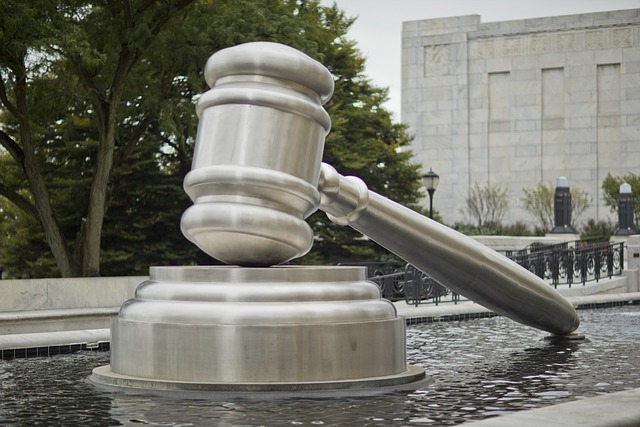On September 29, 2024, Governor Newsom signed SB 940, which will go into effect on January 1, 2025. SB 940, which amends multiple sections of the Civil Code, the Code of Civil Procedure, and the Business & Professions Code, will have a major procedural impact on consumer arbitrations in California. The new law features several important changes, including (1) the establishment of an Alternative Dispute Resolution Certification Program through the State Bar and (2) a prohibition on businesses applying the substantive law of another state or requiring out-of-state arbitrations for claims that arise in California. The law further authorizes consumers to avoid arbitration pursuant to the Small Claims Act for eligible claims (generally claims up to $12,500) and sets new disclosure requirements for arbitrators.
The most significant impact of SB 940, however, will likely be felt through the repeal of section 1283.1 of the Code of Civil Procedure. In the past, parties in California arbitrations could obtain documents through third-party subpoenas only if language in the arbitration agreement expressly allowed for such pre-arbitration productions. The repeal of this section broadens the scope of discovery in arbitrations and allows arbitrating parties to subpoena non-party witnesses for depositions and to obtain document productions in the same manner as in California Superior Court. Arbitrators will retain substantial control over discovery, inasmuch as depositions will not be allowed without arbitrator leave.
As a result of these amendments, parties will have notably broader discovery at their disposal. While the benefits may include augmented evidence tools, businesses and employers should be prepared for increased arbitration costs and delays. This, of course, could undermine one of the historic attributes of arbitration as an expedient and cost-efficient method for resolving claims. Whatever the long-term impact, the new year promises to usher in a new era for California arbitration.
